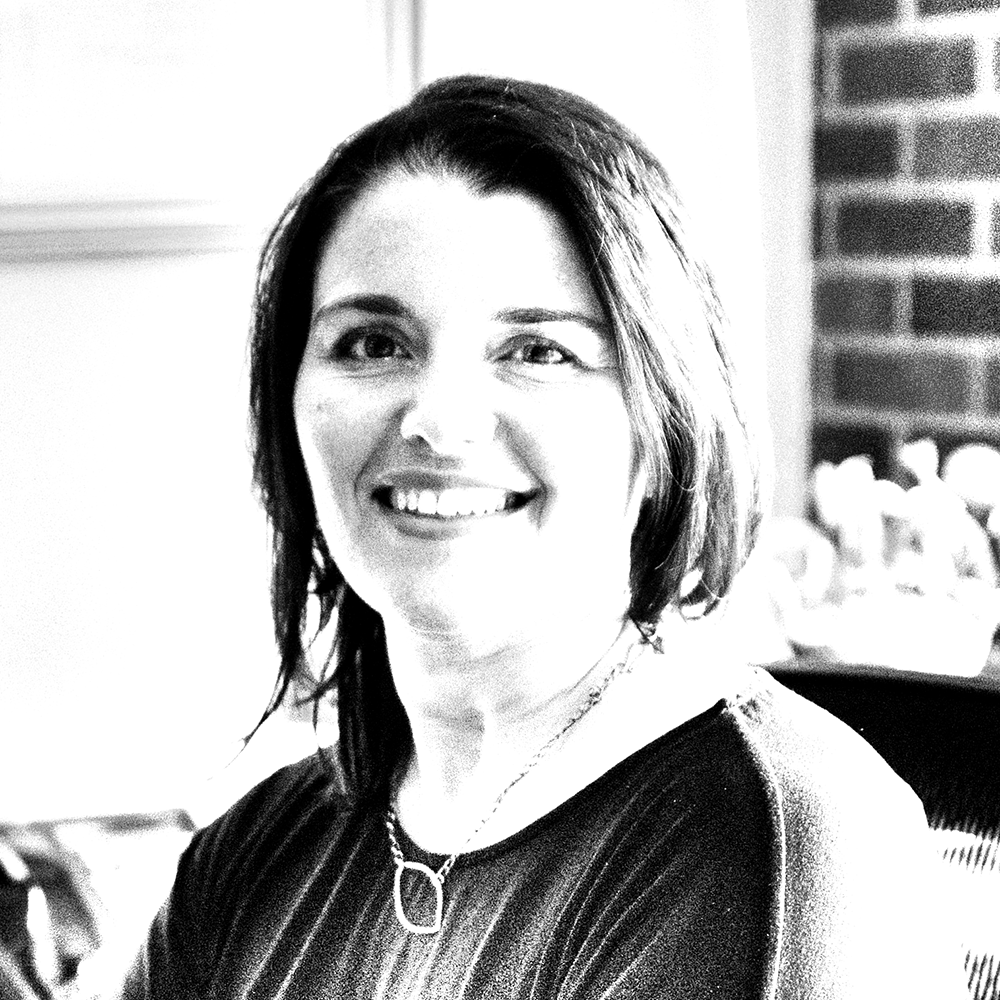“We’ve always skimmed newspapers more than we’ve read them and we routinely run our eyes over books and magazines in order to get the gist of a piece of writing to decide whether it warrants more thorough reading. The ability to skim text is every bit as important as the ability to read deeply. What is different and troubling, is that skimming is becoming our dominant mode of reading. Once a means to an end, a way to identify information for deeper study, skimming is becoming an end in itself…”
Nicholas Carr, “The Shallows: What the Internet Is Doing to Our Brains”
I love many parts of Carr’s book, but this quotation pops into my mind over and over again. Why? Because I hate this trend, yet I find myself doing it all the time. Life is filled with the steady march of emails, texts, links and sites that show up on my desktop, in my inbox and on my phone. It feels like the choice is either to ignore a random 50 percent or to skim, skim, skim. Just because I’m “seeing” lots of information doesn’t mean I “know” any of it. Now, it’s okay that I may not contemplate (or even see) every Facebook update from my family and friends, read an entire email about an event I have no interest in or miss a big sale on my favorite shopping website (although that does make me sad). I’m concerned about information that I’m supposed to have knowledge of, or want to have knowledge of.
What is required to “know” something? It’s not just memorization; it’s not having all the right apps and folders so I can retrieve information quickly when needed. There has got to be a difference between data storage and knowledge. Let’s be honest: computers can do the former much better than humans can, so we’d better make sure we’re in the business of the latter.
Here’s the good news: the human brain has abilities to create, contemplate, compare and synthesize in ways computers cannot. As I learned from “The Shallows”, the information in our long-term memory is woven into conceptual schemas or pictures that hold the information together. This is where connections and insights that weren’t previously given to us can be realized. But there’s bad news too: the transfer of information from our short-term memory into our long-term memory becomes ineffective if we dump too much information in too quickly. When we are scanning and skimming and jumping between different links and different topics, the transfer becomes bottlenecked and the result is that long-term memory only gets random bits and pieces. This cuts short our journey to knowledge.
So, in contrast with much of our lives, the business of knowledge is slow-moving. Knowledge-seekers must stay still long enough to ask questions and then develop strategies to find the answers to those questions. Wrestling with material opens up the opportunity for comprehension on a deeper level than data storage. In your years at Georgetown, you are going to be exposed to more concepts and ideas than you can keep track of.
I hope that data exposure is not the only experience you’ll have here. I hope that you find yourself in a class that drives you crazy, demands all of your time and feels slow. In that class, I hope you stay with it because you want to face the puzzle and figure something out. When you find yourself there, you are in the business of knowledge and out of the business of data storage.
I need to remember this when I’m dealing with the information overload in my inbox. I’ll pick and choose some things to skim, but I’ve got to slow down to read deeply when I find the things that matter to me, the things I want to puzzle through.
I’m lucky because the Internet didn’t predominate my college years, so I could dodge this issue for a while. But today’s students do not have that luxury. You need to know the difference between data storage and knowledge, and you need to be in the business of the latter now. You need those classes that drive you crazy. You need to stay still and wrestle with ideas instead of jumping from one piece of data to another. Why? Because we need you to create tomorrow’s rich, diverse and meaningful ideas. That’s something the most sophisticated software will never be able to do.
Jessica Ciani-Dausch is an assistant dean at Georgetown College. She is one of the alternating writers for The Dean’s Desk, which appears every other Tuesday.




















